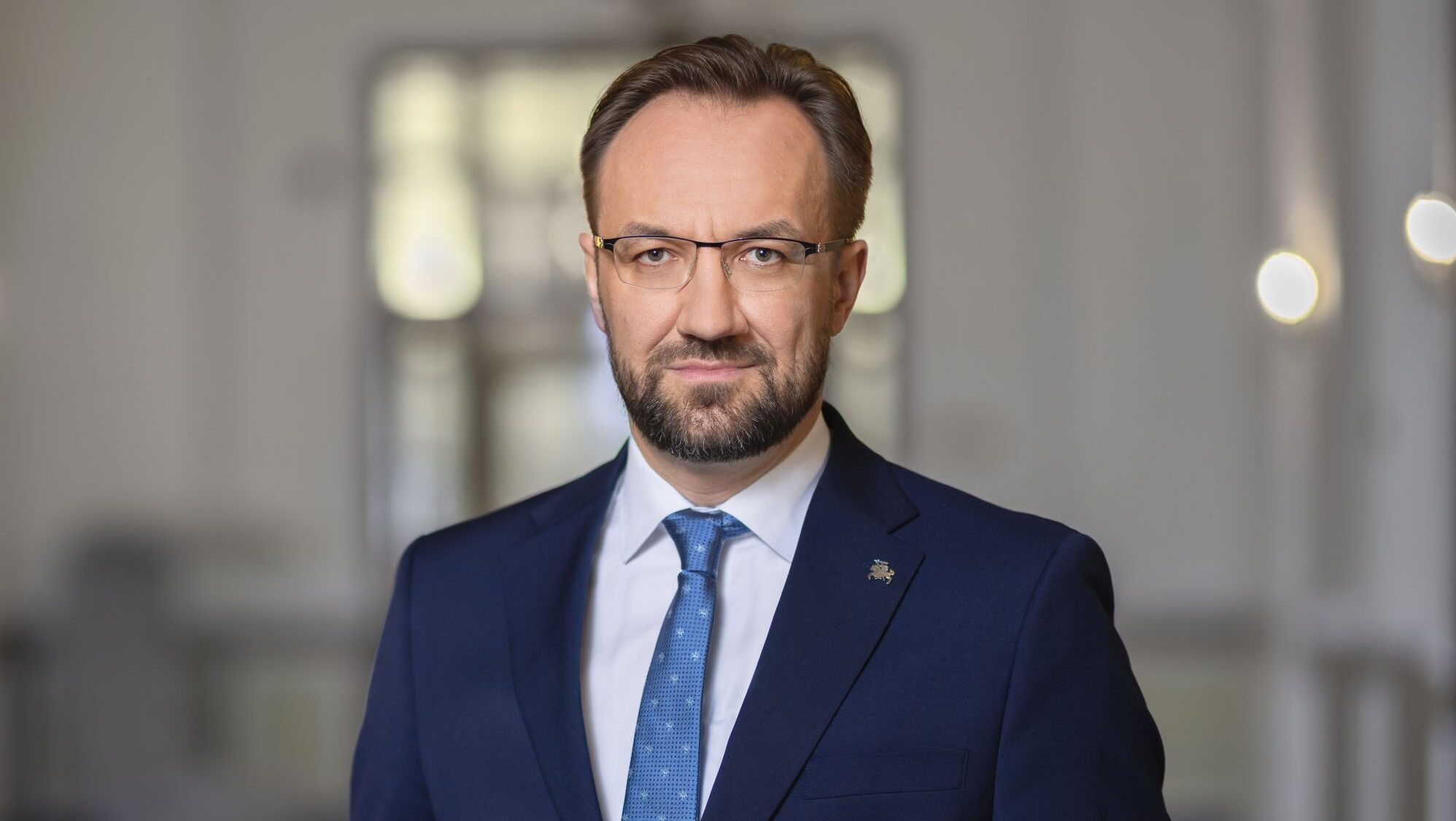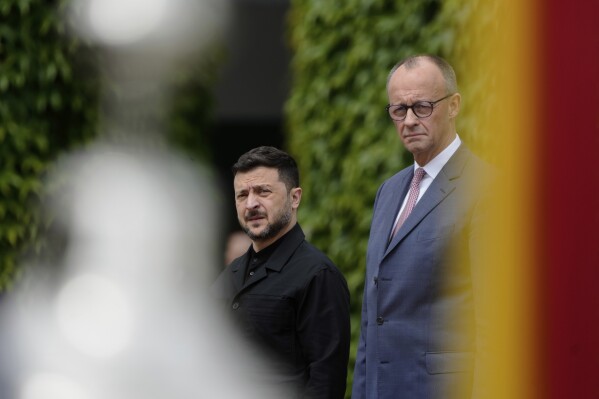A senior European Central Bank policymaker publicly challenged ECB President Christine Lagarde’s opposition to seizing frozen Russian assets, arguing that Ukraine’s defeat would damage the euro far more than using Moscow’s money to prevent it.
Lithuanian central banker Gediminas Šimkus’s intervention could unlock €140 billion in Russian assets for Ukraine at a critical moment. With US support uncertain and Germany refusing to carry Europe’s burden alone, the ECB’s internal split may tip the balance toward seizing Moscow’s frozen cash at next week’s EU summit.
Šimkus told Politico that concerns about the euro’s reserve currency status miss a critical point: if Ukraine loses, the resulting instability would shake investor confidence in Europe’s common currency more severely than any backlash from asset seizure.
“Wouldn’t we end up with an outcome that creates more risks for the euro?”
Šimkus said that while property rights matter for reserve currencies, so do capital market depth, geopolitical stability, and institutional resilience. “We can’t focus only on one aspect.”
Germany pushes for European burden-sharing
Berlin is driving the €140 billion proposal to avoid shouldering Europe’s Ukraine costs alone. Germany has already committed around €44 billion since February 2022, while other major European economies lag far behind, leaving it with an unsustainable burden that could undermine domestic support.
The plan would spread costs across EU member states through shared guarantees while providing Ukraine with multiyear funding certainty. For context: €140 billion represents roughly three years of Ukraine’s current defense spending, or fifteen times Portugal’s 2024 military aid.
Why Europe’s central bankers split
Lagarde consistently warned that seizing Russian sovereign assets—which enjoy legal immunity under international law—would deter other countries from holding reserves in euros, undermining the EU’s ambition to make the euro a global reserve currency.
But Šimkus flipped the risk calculation.
He argued that if Ukraine were to lose the war, the conflict would likely spill into neighboring EU countries, creating a security crisis that would shake foreign investors’ confidence in the euro far more than any legal controversy over asset seizure.
The disagreement reveals deeper European tensions over balancing legal concerns, financial stability, and security imperatives as the war grinds into its fourth year.
How the €140 billion mechanism works
The proposal uses a complex swap arrangement to sidestep immediate legal challenges.
Euroclear, Europe’s largest clearing house based in Brussels, currently holds €172 billion in frozen Russian state assets. Under the plan, that money would be transferred to Ukraine in installments, with EU-issued zero-coupon bonds (bonds that pay no interest) replacing the withdrawn funds in Euroclear’s accounts.
In simple terms, EU bonds replace Russian money in European accounts.
As Russian government bonds reach their repayment dates and convert to cash, that money flows to Ukraine while EU bonds backed by member state guarantees take their place. This postpones the thorny legal question of sovereign asset seizure—potentially for decades, until the bonds mature.
German Chancellor Friedrich Merz backed the approach in a Financial Times op-ed last week, proposing the aid as an interest-free loan repayable only when Russia compensates Ukraine for war damages.
“It’s important that Europe finds ways to provide resources to Ukraine to defend its freedom and its country, through the seizure of Russian assets,” Šimkus said.
What happens next
Merz will present the proposal at Copenhagen’s informal EU summit on 1 October, with EU leaders expected to make a formal decision at their October 23-24 summit.
Success depends on overcoming ECB concerns and divisions among member states.
Belgium worries about legal liability for Euroclear, while France and other major economies have historically resisted outright seizure.
The Šimkus intervention signals that the security argument is gaining ground among European policymakers—that the cost of not acting may outweigh the risks of seizing Russian assets.





